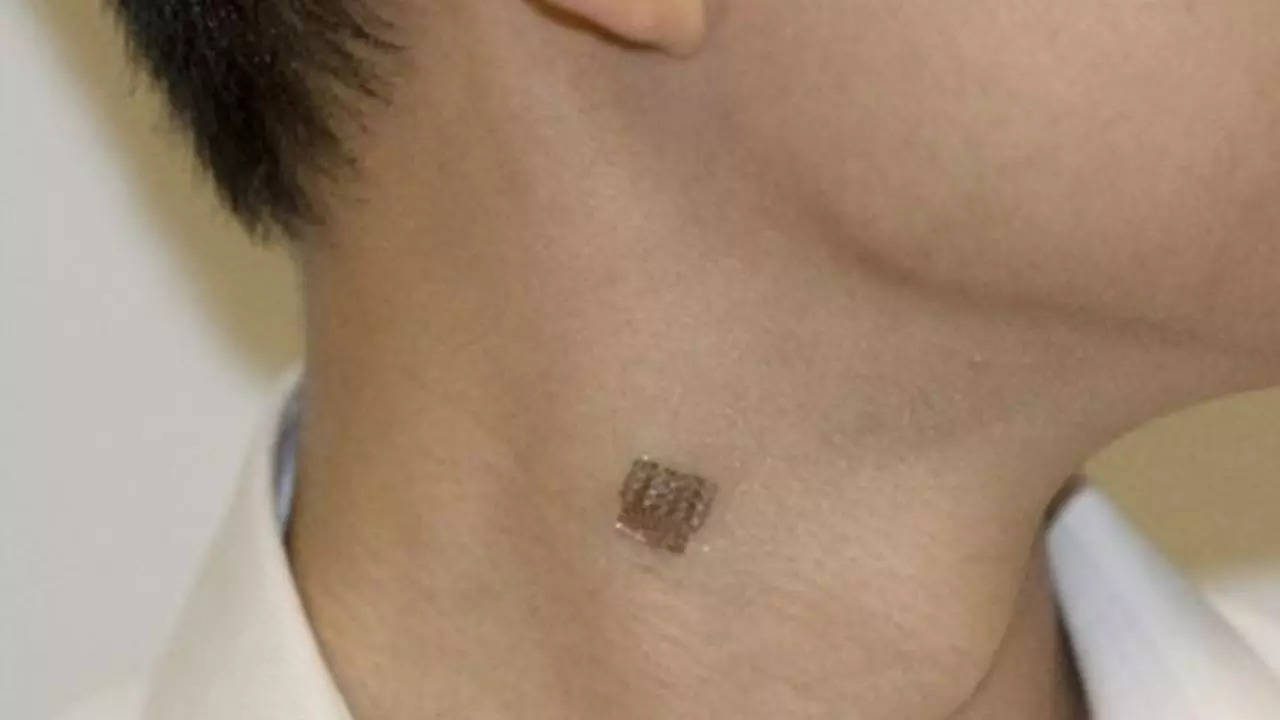A new study from researchers at The University of Texas MD Anderson Cancer Center finds that, in healthy women, some breast cells that otherwise appear normal may contain chromosome abnormalities typically associated with invasive breast cancer. The findings question conventional thinking on the genetic origins of breast cancer, which could influence early cancer detection methods. The study, published today in Nature, discovered that at least 3% of normal cells from breast tissue in 49 healthy women contain a gain or loss of chromosomes, a condition known as aneuploidy, and that they expand and accumulate with age.
This poses questions for our understanding of "normal" tissues, according to principal investigator Nicholas Navin, Ph.D., chair of Systems Biology.
As researchers continue to develop earlier detection methods using molecular diagnostics along with ductal carcinoma in situ (DCIS) and biopsies, these findings pose a challenge and highlight the potential risk of identifying false positives, as the cells can mistakenly be confused with invasive breast cancer. A cancer researcher or oncologist seeing the genomic picture of these normal breast tissue cells would classify them as invasive breast cancer. We've always been taught that normal cells have 23 pairs of chromosomes, but that appears to be inaccurate because every healthy woman that we analyzed in our study had irregularities, bringing up the very provocative question about when cancer actually occurs.
" Nicholas.


















